Sea Alliances
Sea the Change's working model is based on alliances. The lengthy evaluation process we subject our allies to, allows us to create trusting relationships that last over the years. We select only those organizations that safeguard the sea with passion and professionalism. With our partners, we share the will to achieve ambitious but fundamental goals in protecting marine ecosystems, and the belief that the Blue Economy can drive the ecological transition.
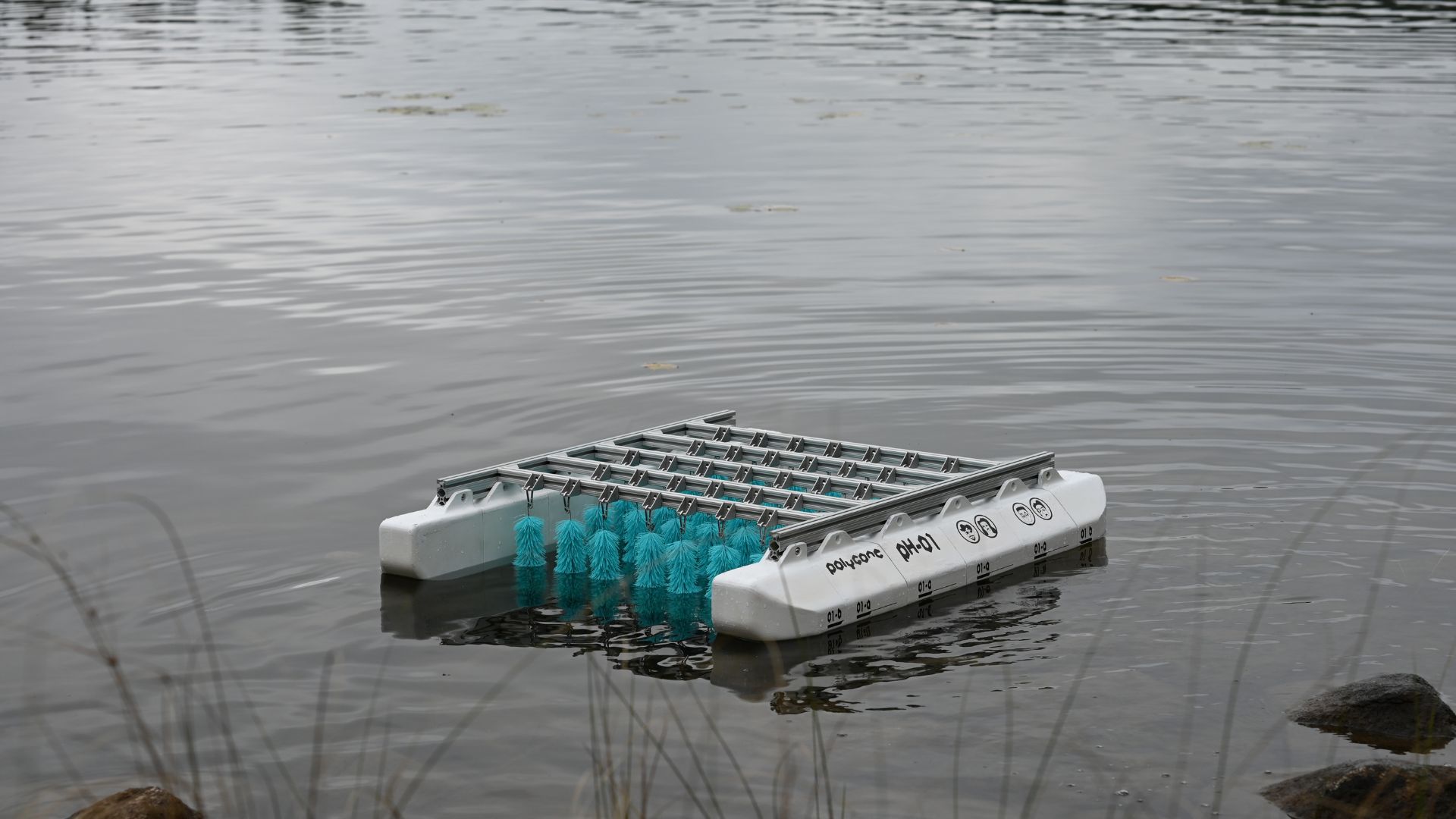
Microplastics represent one of the greatest environmental challenges of our time. These tiny plastic particles, less than 5 millimeters in size, have spread across the planet, contaminating oceans, rivers, soil and even the air we breathe. They have been detected in almost every water body and result from direct production, such as from products like toothpaste, and secondary production, due to the decomposition of larger objects.
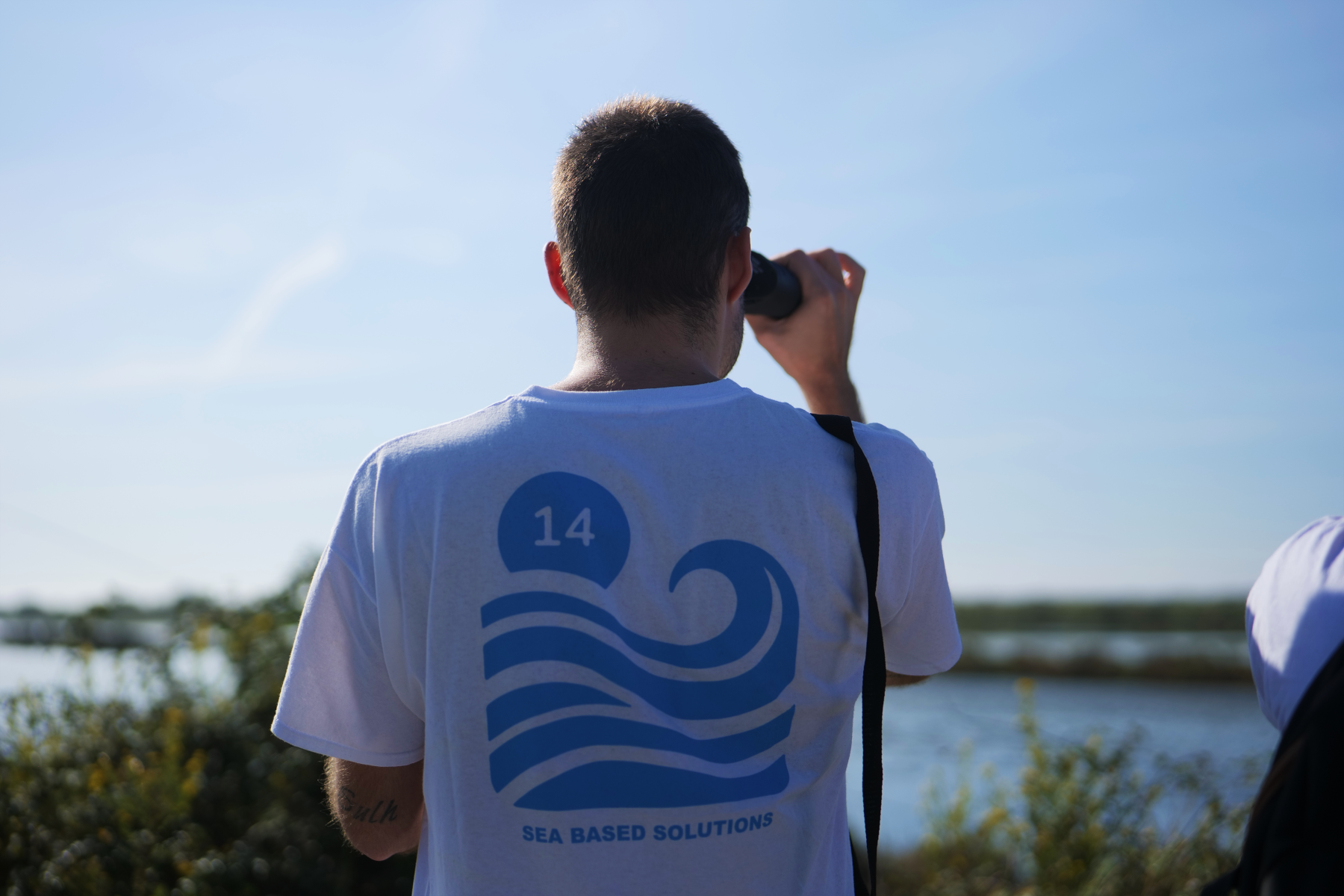
“The sea, once it bewitches its enchants, holds one in its net of wonder forever.”
Jacques-Yves Cousteau
In Sea the Change we fully share this fascination and believe it is essential to share it to encourage virtuous behaviors aimed at reducing the effects of climate change. The benefits the sea can bring to human health and well-being have long been known and widely studied, but they are more important than ever in light of the transformations that marine ecosystems are currently facing.
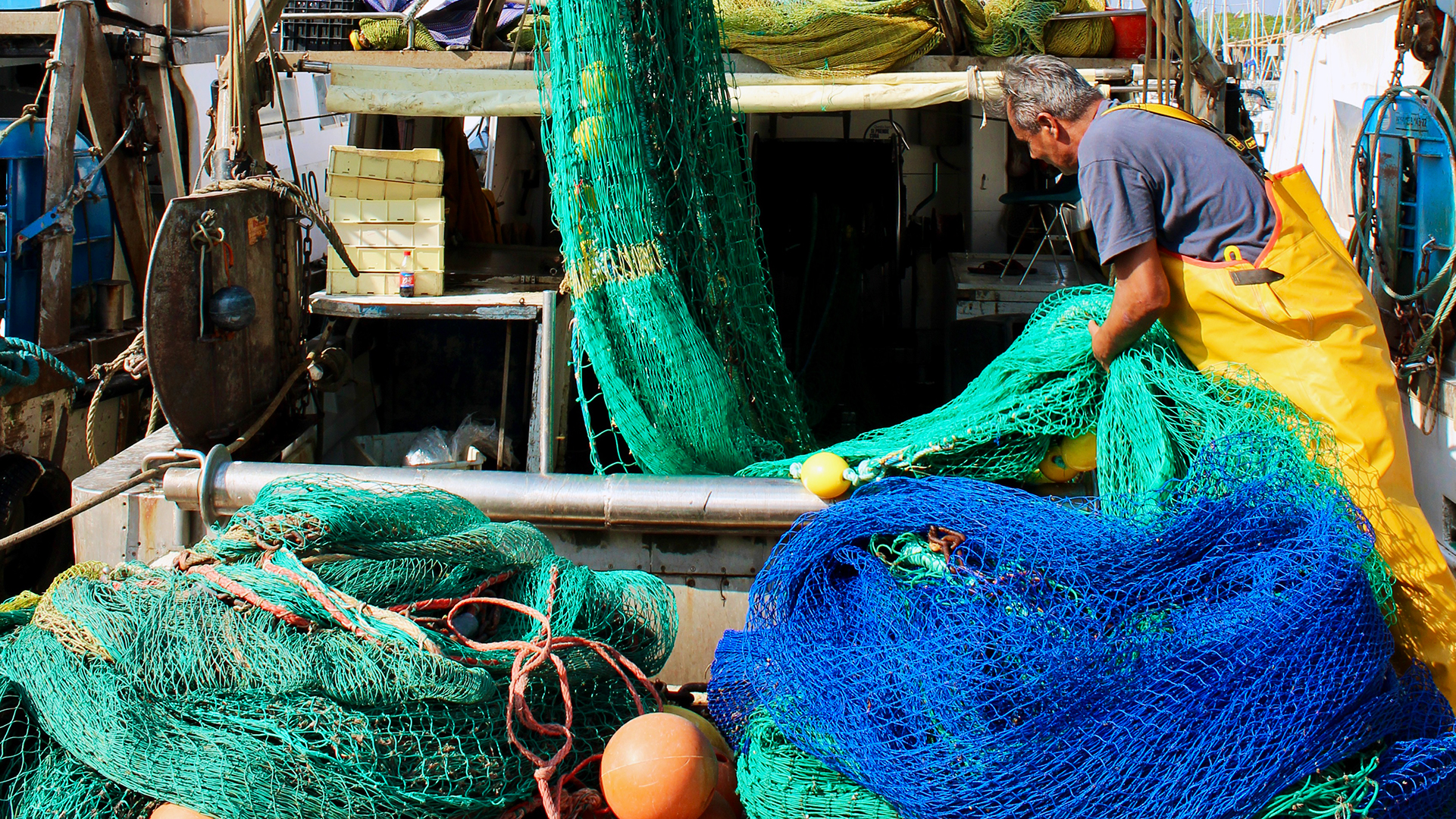
Fishing for Litter consists of fishing and collecting litter found in the sea. According to a report by the Ellen McArtur Foundation, by 2050 our seas are likely to contain more plastic than fish. According to research conducted by ISPRA to estimate the state of the Mediterranean Sea, it was found that the Adriatic Sea is the most polluted subregion (590 items/100 m), followed by the Western Mediterranean Sea (491 items/100 m) and the Ionian and Central Mediterranean Sea subregion (274 items/100 m). As a Greenpeace study testifies, the beaches of the Adriatic Sea are characterized by a high presence of waste related to aquaculture and fishing.
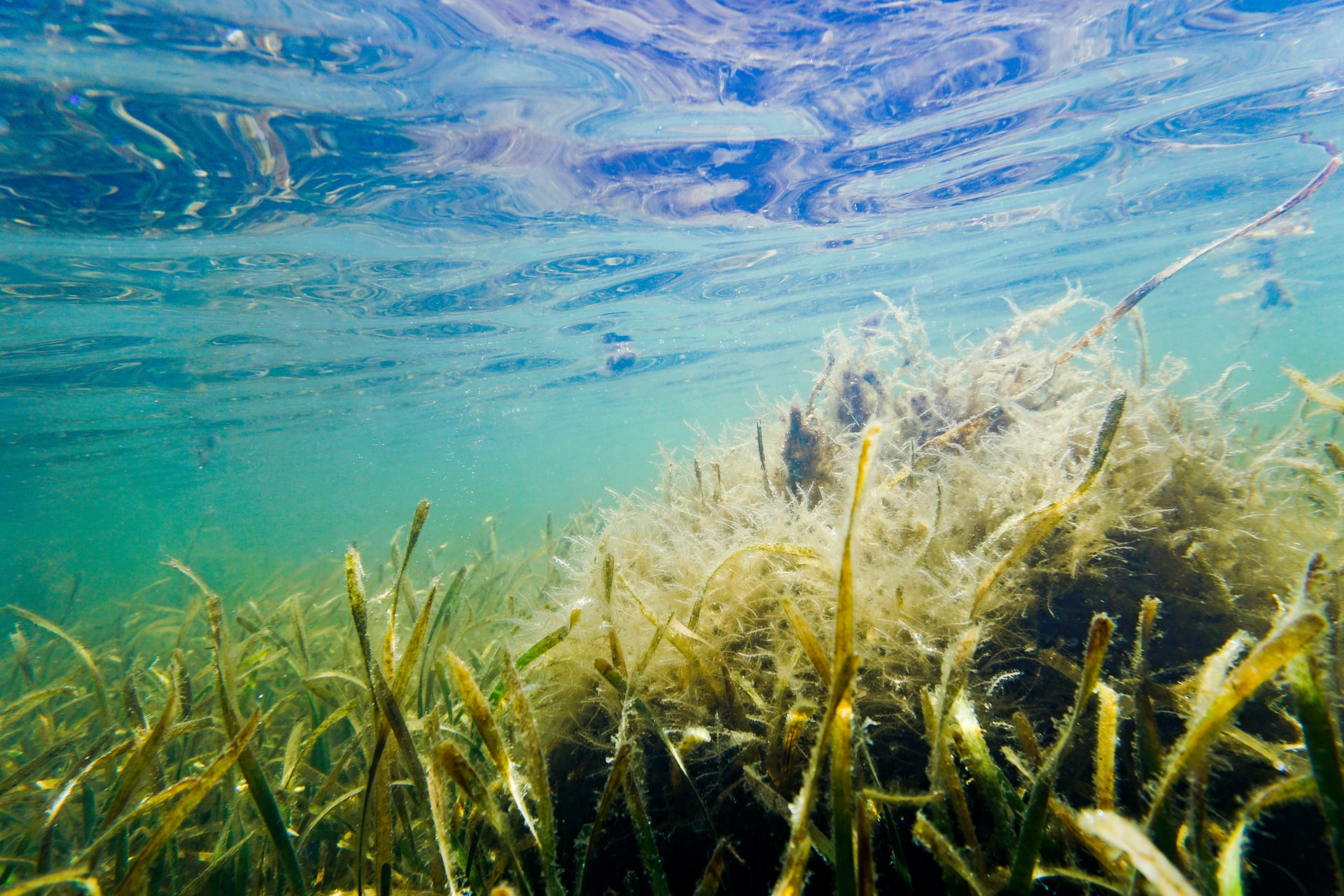
Posidonia oceanica, also known as Neptune grass, is an aquatic plant endemic to the Mediterranean Sea, and as such has roots, stems, leaves, flowers, and fruits. It develops by forming true underwater prairies which, as much as those on the surface, play a key ecological role in marine and coastal ecosystems by harboring and providing shelter for numerous species of fish, cephalopods, and crustaceans. Their high production of oxygen and plant biomass makes Posidonia prairies not only hubs of biodiversity but also one of the most efficient CO2 sinks on Earth.
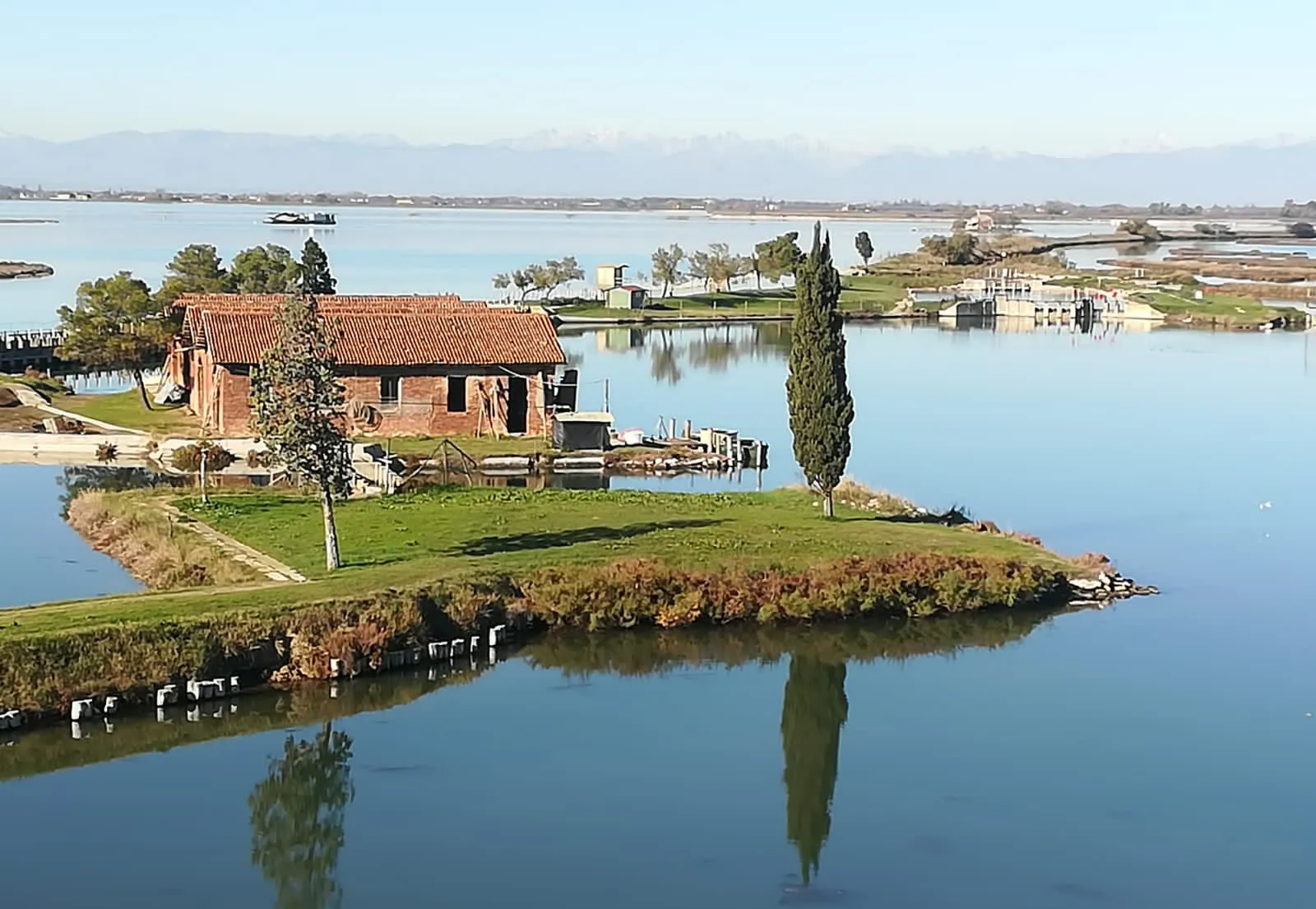
Carbon Capture and Storage (CCS) is a key process to counteract the increase of CO2 in the atmosphere and through which the capture and storage of large amounts of this greenhouse gas is possible. Among the various phenomena that ensure the absorption of CO2, two types of seaweeds abundant in the Venetian lagoon play a key role: macroalgae, which are visible to the naked eye, and phytoplankton, which are microscopic.



